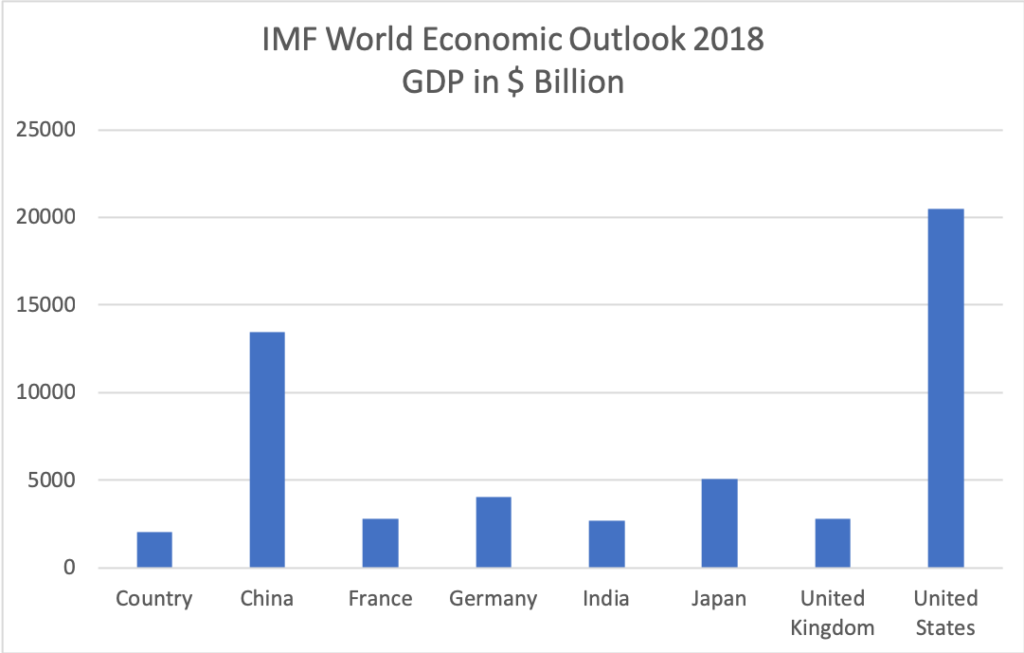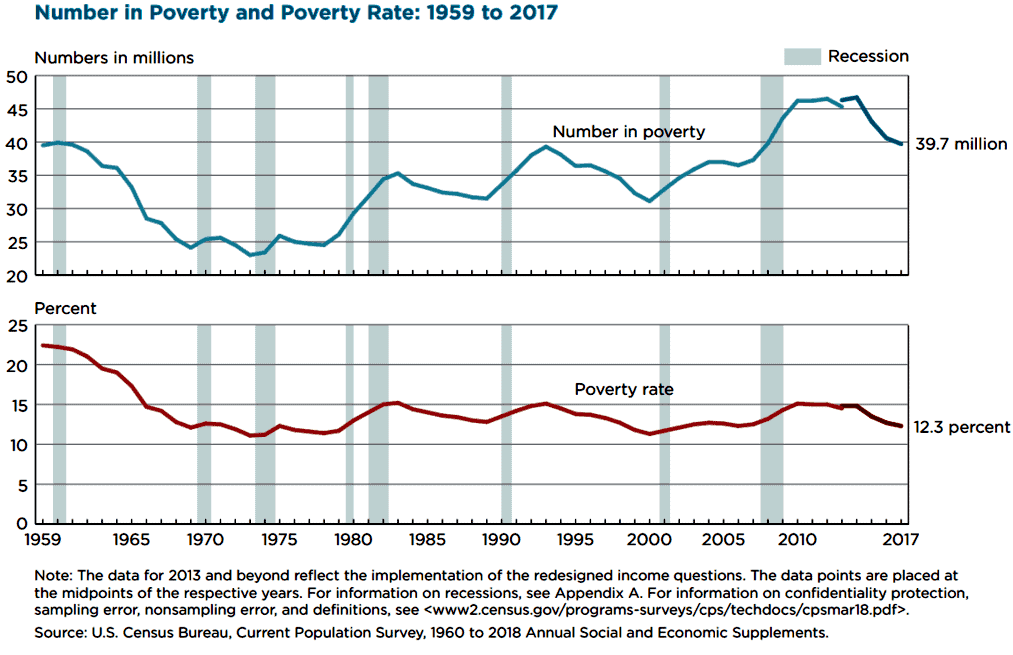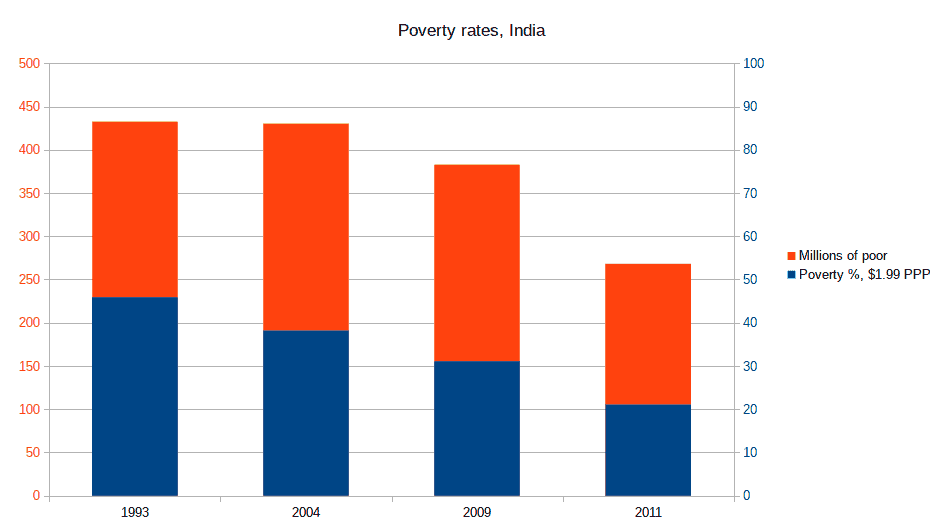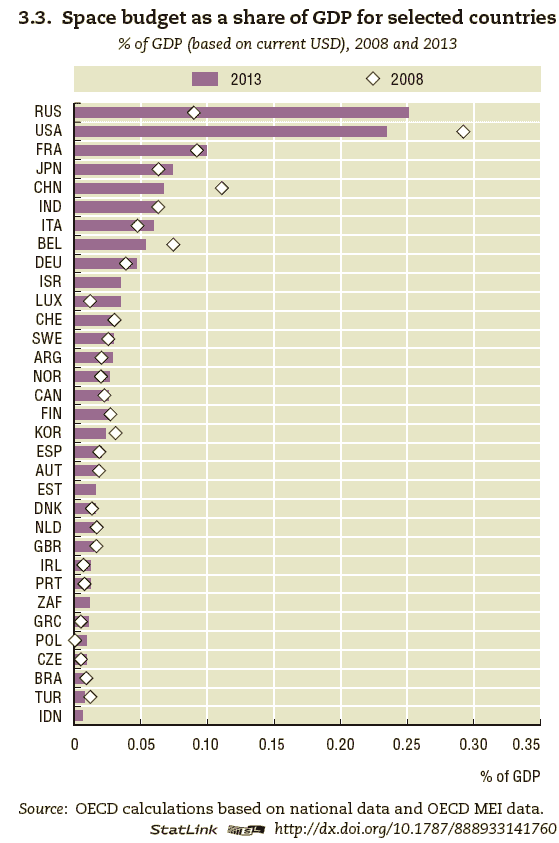If a country has a space programme, does that help to reduce its national poverty or increase it? On the face of it, it appears that a country that spends money on building satellites to explore the solar system or beyond will have less to spend on poverty relief. This argument ignores the economic and the societal transformative potential inherent in modern technologies of which space is just one.
If developing nations did not develop their own infrastructure for modern technologies they would either have to live without their benefits (internet access, mobile telephony, satellite television) or be at the mercy of a third party supplier forced to pay predetermined commercial rates and having little or no say on availability or quality of the service.
Acquiring accurate figures for how much nations spend on their space programmes or even the cost of individual missions is problematic. Definition of poverty vary in countries, organisation and over time so measuring and comparing global poverty levels is not straight forward. National space programmes have objectives that are intertwined with national security, geopolitical and economic aspirations.
Essential contributions provided by resources outside the jurisdiction of the Space Programme are not usually included in the costing. Physical security may be provided by the army, the navy is frequently used to assist with capsule recovery after splash-down and educational institutions contributed payload design and development.

Since 2001, as part of the emerging BRIC nations (Brazil, Russia, India, and China), China and India have been regarded as “emerging market”. Today as the world’s 2nd largest economy, China has surely completed the metamorphosis and has now “emerged”.
India, as the 6th largest economy should also now be seen as a developed nation, not as a developing one. India has transitioned from a recipient of international aid to a regional net donor. Despite reports to the contrary, the government of India no longer receives aid from the United Kingdom.
During two years 2018/19 and 2019/20 the UK government’s Department for International Development (DfID) will invest £98m in Indian enterprises to help develop new markets. This “will also help create jobs for UK businesses, and generate a return for the UK.“.
The Department for International Development acknowledges that “India invests more in the UK than in the rest of the EU combined” (downloadable pdf) and recognises that UK’s targeted support in India will “generate a return for Britain by creating new markets for trade and investment”. Thus, UK’s financial contribution to projects in India should not be seen as aid but as a commercial investment.
Besides as the USA, the world’s leading economy and one with a mature space programme

India’s annual budget for its space programme has been increasing. In 2018 it was $1.3 billion. This excluded the $1.4 billion for the Gaganyaan (Human Spaceflight) programme to be completed by 2022. Despite investing in its space programme since 1962, poverty in India has been on a consistent decline.

National Space Programmes can have a reputation for being expensive but the actual investment represents a very small percentage of the national GDP. In 2018, the largest annual budget, around $20 billion, is that in the USA, representing just 0.4% of GDP. India’s annual budget of $1.3 billion is less than 0.1% of its GDP.

The international aid India receives has been declining since the beginning of the 21st century as its economy has grown. In parallel, what India gives out in aid has also grown. Regionally, India is now a net donor with commitments of $10 billion towards development projects in Africa, $1 billion toward rebuilding in Afghanistan and $825 million in students from developing nations to study in India.
This article is valuable for to know about India space priorities for nation.